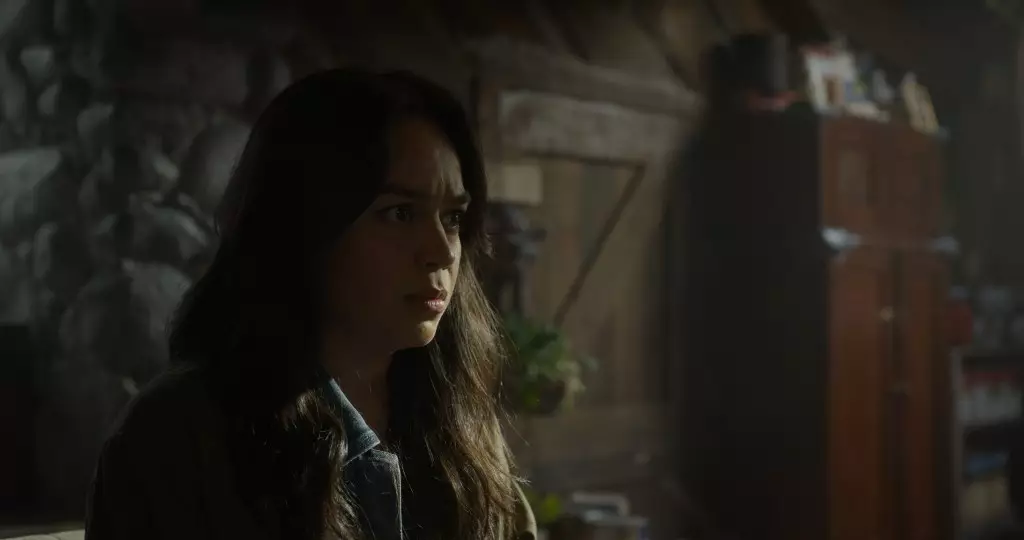For enthusiasts of the Final Destination series, the impending release of *Final Destination: Bloodlines* promises both nostalgia and unprecedented innovation. With the franchise now entering its sixth chapter, director Zach Lipovsky is not merely rehashing what has come before; he is audaciously rewriting the rules of the game. As the first movie to kick off with a chilling premonition set in 1969, the film taps into the rich historical nuances of its premise while ensuring it doesn’t fall victim to the predictable clichés that have plagued many sequels. This daring approach showcases not only the evolution of storytelling within the genre but also reflects a deepened understanding of audience expectations.
Twisted Justice: A Historical Lens
What truly sets *Bloodlines* apart is its ambition to recontextualize Death—the looming antagonist that has been a constant throughout the series. By returning to earlier decades, the film promises to explore how societal norms and fears shape the nature of death itself. The choice to centralize the narrative around a college student named Stefanie, haunted by her nightmarish visions, is a clever device. It creates relatability against the backdrop of a disjointed timeline, forcing the audience to grapple not only with their expectations of horror but also with unsettling questions about fate and agency through an epochal lens.
Yet, the innovation doesn’t end with the historical setting. Lipovsky’s comments about subverting predictability strike a chord with cinephiles who crave an escape from formulaic plot structures. Audiences are often dulled by the routine revelation of the next victim and their demise, but *Bloodlines* appears primed to disrupt that monotony. Lipovsky hints at curveballs that will leave viewers leaning forward in their seats, unable to anticipate the next outcome. It raises an exhilarating possibility: what if the focus shifts more to thematic elements rather than the mere spectacle of death?
Challenging Genre Norms
In an age where horror finds itself at a crossroads—caught between sensationalism and psychological depth—*Final Destination: Bloodlines* seems poised to challenge the conventions that have long dictated the genre. The film’s nod to unpredictable storytelling may resonate particularly well within a liberal cultural context that increasingly values complex narratives over mere shock value. It opens up a pathway for horror to interrogate existential themes that transcend the thrill of the moment, inviting viewers to explore deeper questions about mortality and the human experience.
It’s refreshing to see a franchise willing to put in the effort, confronting the heavier aspects of life and death while still maintaining the adrenaline rush that fans adore. Are we on the brink of witnessing horror that stimulates both the heart and the mind? As the franchise unfurls a new dimension of suspense, we can only hope that *Bloodlines* not only embraces its horror roots but also pushes the boundaries of storytelling as an art form.
Overall, while there’s no crystal ball to predict *Bloodlines*’ ultimate impact on the franchise or the genre at large, it is undeniably brave in its ambitions. This willingness to innovate, rather than rest on past laurels, suggests that the legacy of *Final Destination* may have a fresh and invigorating path ahead.


Leave a Reply